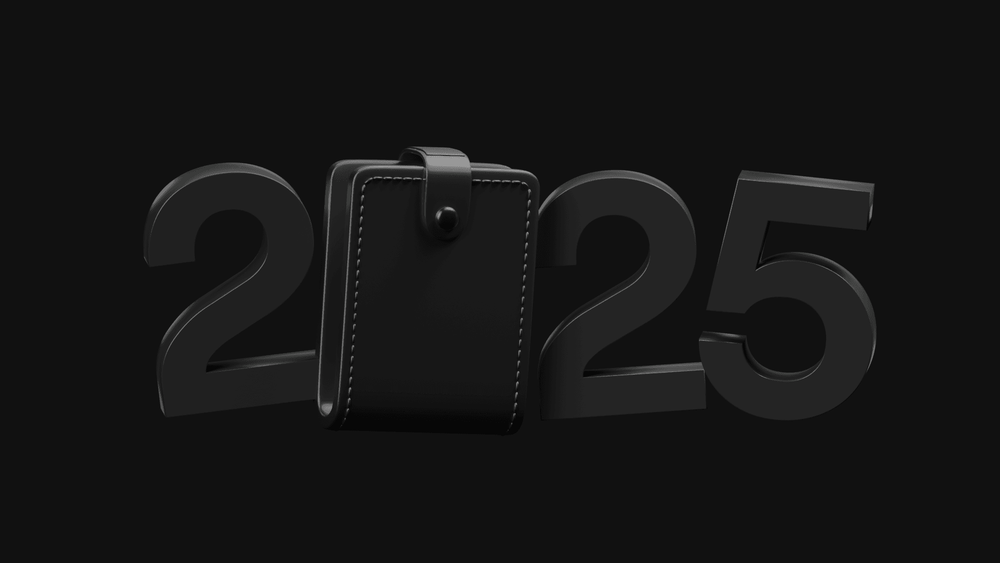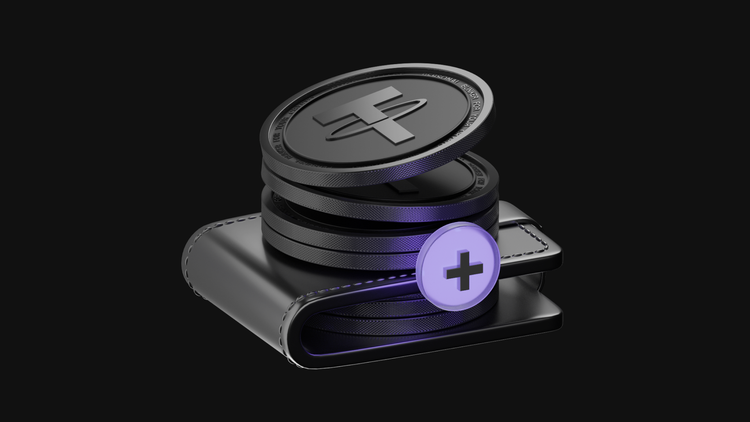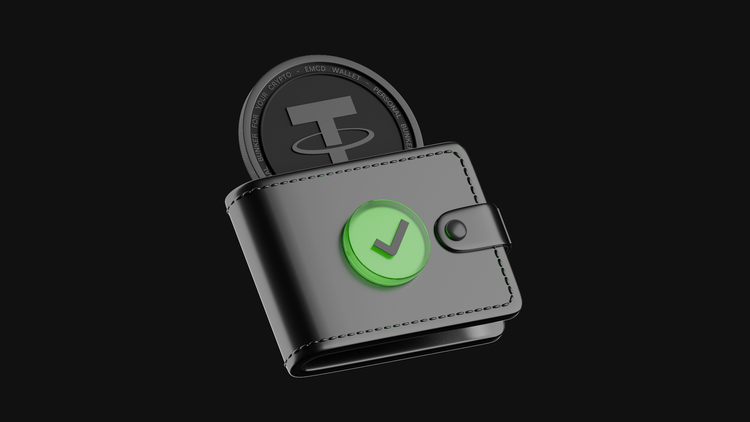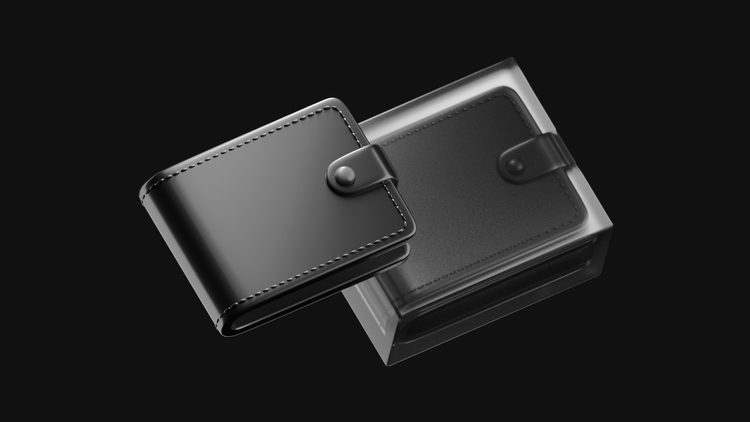Top Crypto Wallets: Where Smart Investors Store Their Crypto in 2025

In the crypto world, protection and full control over your funds are everything. Even a small vulnerability in a crypto platform or losing access to your wallet can put your entire portfolio at risk. As a result, keeping your digital assets protected is now more crucial than ever.
In this guide, you’ll discover which wallets the crypto community truly trusts, how to choose the right type for your needs, and which services made it to the top. We’ll break down hot and cold wallets, mobile apps and hardware devices, and take a closer look at DeFi and NFT storage options.
Top-Rated Crypto Wallets: Leading the Way in Security and Simplicity
The crypto service market is evolving fast, but a few wallets continue to stand out as the most reliable. These top picks for 2025 combine convenience, support for major assets, and strong protection for your funds.
Trust Wallet
A long-time favorite among both beginners and pros, Trust Wallet supports over 10 mln tokens across 100+ blockchains as of October 2025, all wrapped in a clean, intuitive interface. It’s available as a mobile app and browser extension, making it easy to manage crypto assets on any device.
Pros:
- Full control over private keys
- Supports DeFi and NFTs
- Simple, user-friendly interface
- Free and quick to set up
Cons:
- Access depends on your device
- Losing the seed phrase means no recovery
Ledger Nano X
One of the most trusted hardware wallets, Ledger Nano X offers multi-layer security with modern functionality. It supports thousands of digital coins and connects to your PC or smartphone via USB-C or Bluetooth.
Pros:
- Private keys stored offline
- Supports 5500+ assets as of October 2025
- Works with the Ledger Live app for desktop and mobile
- Equipped with a protected element chip
Cons:
- Paid device
- Requires careful storage of the seed phrase
MetaMask
MetaMask remains the go-to gateway to the Web3 world. This wallet is designed for seamless interaction with Ethereum and other EVM-compatible networks, making it ideal for DeFi, NFTs, and DApp enthusiasts.
Pros:
- Broad support for multiple tokens and networks
- Fast, easy integration with DApps
- Option to add custom networks
- Completely free to use
Cons:
- Non-EVM blockchain support is limited, only available via Snaps
Crypto Wallet Comparison: Top Features at a Glance
Let’s break down the crypto wallets leading today for their unbeatable mix of security, convenience, and broad asset support.
| Wallet | Type | Supported Assets | Key Features | Main Drawbacks |
| Trust Wallet | Hot (mobile app, browser extension) | 10 mln+ cryptocurrencies and 100+ blockchains | Intuitive interface, built-in access to DeFi and NFTs | Risk of losing access if the seed phrase is lost |
| Ledger Nano X | Cold (hardware wallet) | 5 500+ cryptocurrencies and tokens | Offline private key storage, Ledger Live app | Paid device, requires careful seed phrase storage |
| MetaMask | Hot (browser extension, mobile app) | Ethereum and EVM-compatible networks | Supports DeFi, NFTs, and custom networks | Limited support for non-EVM blockchains |
Each wallet has its own strengths: some are ideal for everyday use, others for maximum long-term security, and a few stand out for their extensive token support. Your perfect choice depends entirely on your goals and priorities.
Key Criteria for Choosing Your Crypto Wallet
Today, choosing a crypto wallet is less about brand popularity and more about matching the wallet to your personal goals. If you need long-term storage, fast transactions, seamless DeFi access and you’re eager to make the right choice, focus on these universal factors:
- Control over private keys. Full ownership of your funds without third-party access
- Support for major cryptocurrencies. The more assets supported, the more flexible your portfolio
- Device and OS compatibility. Easy integration across desktop, mobile, and browser
- Security and encryption level. Strong protection against hacks and data leaks
- Extra features. Built-in staking, NFT management, and DeFi tools can add convenience and earning potential
Desktop Wallets
If you mainly manage crypto from your PC, desktop crypto wallets are a solid choice. Installed as software, they provide advanced control over your digital assets. This format is ideal for those who value stability and prefer not to keep large sums on mobile devices.
The advantage of desktop wallets is that they combine asset access and advanced tools in one place, making management more efficient.
Mobile Crypto Wallets
Today, mobile apps are the most popular way to manage digital currencies. They allow you to send and receive funds quickly, connect to DeFi, manage NFTs, and even store part of your capital in cold wallets via integration.
In 2025, the best mobile wallets stand out for their simplicity and functionality.
Mobile wallets are all about convenience, but keep in mind that they are more vulnerable than hardware wallets.
Hardware Wallets
For long-term storage of large amounts, hardware wallets are the top choice. These physical devices store your private keys offline, offering the highest security level. They are protected from remote attacks and provide a trusted storage solution for your crypto.
The cost of these devices is justified, as they provide the protection level hot wallets simply can’t match.
Online Wallets (Web Versions)
Online wallets let you access your crypto directly from a browser without installing any software. They’re fast and convenient for everyday transactions, especially if you trade actively on exchanges. However, because they’re always connected to the internet, they are less protected than cold wallets.
Multicurrency Wallets
Nowadays, users often hold not just Bitcoin but dozens of other coins. Instead of spreading them across multiple services, a multicurrency wallet makes managing hundreds or even thousands of assets simple and centralized.
If your portfolio includes various cryptocurrencies, a multicurrency wallet becomes a convenient hub for managing everything in one place.
Wallets for DeFi and NFTs
The world of decentralized applications (DApps) and non-fungible tokens (NFTs) requires specialized tools. Today, crypto wallets provide full access to DeFi protocols, NFT marketplaces, and DApps.
These wallets are perfect for anyone actively engaging with Web3 and looking to exploit the ecosystem’s full potential. They offer freedom and flexibility in managing digital assets, but they also demand careful attention to settings and private key security.
Security and protection of funds
Even today, losses from hacks and phishing remain a serious threat. Most access issues aren’t caused by flaws in crypto services, but by user oversight. That’s why security is the top criterion when choosing a crypto wallet since it directly affects how protected your digital assets are.
Here are the essential rules for protecting your crypto:
- Keep private keys to yourself and never share them or store them in cloud services
- Create multiple backups of your seed phrase and store them in protected, preferably offline locations
- Use 2FA and strong passwords for all wallet apps and services
- Install updates for mobile and desktop wallets to patch known vulnerabilities
- Use cold wallets for storing large amounts
- Use trusted hot wallets for everyday transactions
Experienced users often split their assets: most funds in offline devices, a smaller portion in hot wallets for daily use. This approach reduces risk and ensures you maintain control over your funds, even when hackers try to break in.
Conclusions: Building a Smarter Storage Strategy
The ideal crypto wallet varies depending on how you interact with your assets. Hot wallets offer speed and convenience, while cold wallets provide maximum protection and peace of mind for long-term holdings. The optimal strategy is a combination of different wallet types.
Follow these practical tips to protect your digital assets:
- Store the bulk of your portfolio in hardware wallets, keeping private keys offline
- Use mobile apps for daily transactions and DeFi activities
- Keep a small reserve in online wallets for quick trades or exchange access
- Make paper or offline backups of your seed phrase and never store them in the cloud
- Check the wallet’s reputation: security audits, updates, and community feedback matter
- For large amounts, choose wallets with multisig support and 2FA
The best wallets balance convenience with strong protection, but ultimate security always depends on you. Even the most trusted platforms can’t safeguard your assets if fundamental security rules are ignored.
FAQ
What should I consider when choosing a crypto wallet?
Look at security level, support for major cryptocurrencies, compatibility with your devices, and extra features like DeFi, NFTs, and staking.
Which wallet is best for beginners?
Start with simple, intuitive wallets that support hundreds of coins and require minimal setup.
EMCD Wallet is ideal for newcomers: it supports 600+ coins, offers a user-friendly interface, and includes built-in coin conversion, saving both time and fees and all in one app.
Which wallets are the most reliable for storing large amounts?
For long-term storage, choose cold wallets. They are offline, providing maximum control and security.
What’s the difference between hot and cold wallets?
Hot wallets are online, convenient for daily transactions, but more vulnerable. Cold wallets operate offline, making them suitable for long-term storage of significant assets.












